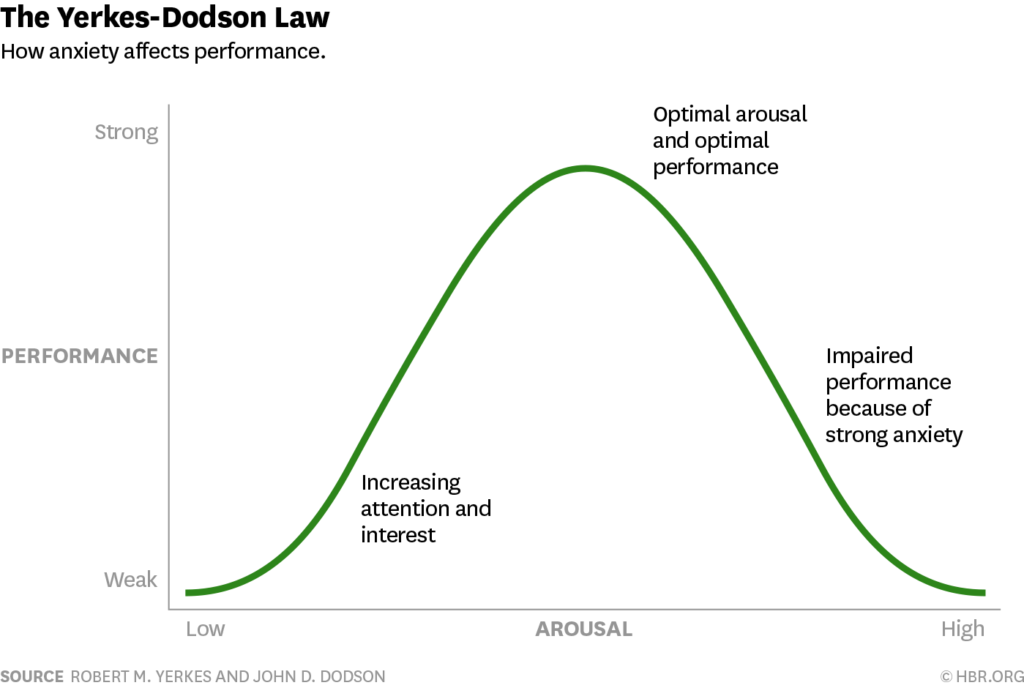[Editor’s Note: Everyone has mental health experiences on the spectrum between thriving and struggling. Perhaps you (or a friend) are in a season where you need extra mental, social, emotional, spiritual, and physical support. In this #mentalhealth series we want to balance personal experience/story with input from mental health and medical professionals. We want to also explore, “How does our faith in Jesus relate to our mental health?” Our desire is to support you as you work towards mental well-being.
If you are considering hurting yourself or someone else, or you know someone who is, please contact a mental health emergency hotline. If you need urgent counselling support, Kids Help Phone is also available for young adults up to age 29 for phone calls, Facebook Messenger, or texting conversations.
Lindsay Tsang is a registered psychotherapist working out of Barrie, Ontario. He was formerly staff at P2C-S in Ottawa. He misses students so much, he decided to become one again for his Ph.D. in industrial psychology. Spare time is spent with his wife and 3 daughters. A staff member of Power to Change – Students recorded this interview.]
P2C-Students: Stress and burnout are terms that get thrown around a lot often in Christian circles. How would you define chronic stress, and how might we recognize it?
Lindsay Tsang: I was actually looking up the Yerkes-Dodson graph of performance. On the bottom is stress; the further right you go means higher stress. The bar on the left is performance. What we find is that a little bit of stress or arousal is actually good for you, because that’s how you increase performance. For example, if you write an exam, having a bit of stress pushes you to study hard and focus deeply––and you’re going to have a better performance. But eventually, you would hit a point where you’d hit fatigue instead. Now you’re going through too much stress, hitting exhaustion, becoming anxious, depressed, and angry, and eventually break down.

A simpler way to look at this is to think of the terms eustress vs distress. EU-stress would be good stress. In eustress you’re on the green or yellow parts of the graph (where performance is optimized), but the orange and red, that’s distress (where performance drops and you hit exhaustion).
What we’re hoping to help people get to is more of that green or yellow level and to help them learn to self-regulate to stay in that space. That would be a good amount of stress. That’s the important first point: stress is actually a good thing. Too much stress is when it gets bad.
I guess it’s pretty different for everybody, how they experience chronic stress. The signs are pretty easy to see. I’ll describe a personal story. I was in my first year moving to Barrie, ON, starting a new business, and worked really really hard to get it off the ground. I was doing all the work I could to create a business that would sustain me. The progress was, in hindsight, going quite fast, but at the time, felt so slow compared to where I wanted to be. So I think that around the half-year mark was when I started feeling the effects of chronic stress. I was becoming numb, easily irritable, and more easily tempted toward sin. The sense of numbness where I don’t feel motivated to do what I needed to do.
P2C-S: It sounds like there might be overlap with depressive symptoms.
Lindsay: Yeah, if you think about anxiety or depression––a lot of times they’re very much linked. You have this high anxiety, which is taking up a lot of energy, and when energy is depleted, you switch to depression. What’s depression? Depression is: I’m still under stress, but my body is not allowing me or I’m not waking up with energy any more. I’m feeling numb. Those are depressive symptoms. I would say it’s pretty linked with chronic stress.
P2C-S: I’ve also heard that chronic stress isn’t necessarily just a one-day thing, but something that you begin to experience on a whole other level when it’s lasted for a longer period of time.
Lindsay: Okay here’s something to consider: Sometimes we feel ups and downs, and that’s just part of human life. From a mental health perspective, what you want to watch out for is when you’ve started to experience something for two weeks or longer, and you’re not getting better. That’s when you need to start thinking about seeing a doctor or another professional.
For instance, if something horrible happened to you, leading to a huge heightening and then crashing afterwards, that’s normal. Your body is processing whatever happened.
P2C-S: When is a good time to see a doctor, experiencing these sorts of symptoms?
Lindsay: Rule of thumb is two weeks for me. If you’ve found yourself in a big slump for two weeks and can’t get out of it, then maybe talk to a doctor or professional. There’s also a lot of depression and anxiety self-assessments you can do. For instance, was it some days, half the days, most of the days, that you had these symptoms? Then you’d be able to get a score on your depression or anxiety from mild to medium to high. That’s always a good thing to be aware of––where you’re at. But if you find you’re consistently medium to high for any period of time, it would be smart to consider reaching out and talking to somebody.
P2C-S: What sort of spiritual factors do you think might be involved in experiencing chronic stress, if any?
Lindsay: When I hear that question, the first story that comes to mind is Elijah in 1 Kings 18-19. He was just coming off a crazy high, seeing fire fall from heaven and mocking these Baal worshippers successfully. It was a showdown of faith versus the witchcraft of the day. But then there was a moment where he found out that the queen Jezebel wanted him dead. There was a fear for his life, and there was a physical aspect for Elijah––all of this contributed to this sort of burnout moment where he felt ready to die.
I don’t think Elijah in that moment had lost faith in God, but he wasn’t able to have his eyes open to the realities of heaven at that moment. But God wasn’t upset at him for that. If anything, God’s heart opened up to him more. God sent Elijah an angel to give him food, water, and encourage him to sleep and rest.
Look at Matthew 11 where Jesus proclaims, “For all those who are heavy laden, come to me and I will give you rest, because I am gentle and lowly and humble of heart.” I think it’s important to not somehow think that it’s your failure of faith that caused your breakdown.
P2C-S: I’m curious though: apart from getting professional help, what can someone do to prevent or treat chronic stress every day?
Lindsay: So I’ll go back to Elijah for that. First thing God does is make him get some sleep. And give him some food. And what was it, a whisper that he needed? A gentle word. So some of the first things we need are physical, like sleep, food, and water. Next is relational––don’t think you’re on your own, because people can support you––you’re not a burden. Everyone has their moments of stress, so we all share that load with one another. It’s important to not isolate yourself.
In 2016 when I felt like I was breaking down, I realized I needed to start prioritizing––and scheduling––my rest. So I just gave myself a little rule: daily something, weekly something, monthly something, quarterly something, yearly something. Daily, I need to do a 20-minute walk around the lake. Big mistake, since that year was when Pokemon GO came out and I ended up “achieving” things even during my rest. So I needed to delete Pokemon GO and say, no, the walks are just for resting. It’s just for being chill.
Once a week, I take a couple of hours to just lie in a hammock somewhere and do some journaling. Once a month, a whole day; once a quarter, a weekend; once a year, a whole week, you know something like that. A rhythm––because when you have rhythms you both give yourself permission to work hard when you’re supposed to work hard, and permission to rest when you’re supposed to rest.
That’s why we have the Sabbath as part of our Christian life, a time of rest. Jesus also modeled rhythms. He worked hard and late into the night––he had very demanding work. That’s why you always see him withdrawing into the mountains to pray, and taking his alone time or hanging out with his closer group of friends to rejuvenate. Jesus prioritized deep rest with his Father and in the context of close community.
P2C-S: Thank you so much Lindsay for sharing your thoughts with us.
Interested in learning more about Sabbath rest? Listen to our new podcast, In the Making, where Selina explores Sabbath rest on ep. 2 called, “Made through the enjoyment of God and Sabbath rest”.
Did you enjoy this article? We encourage you to check out more articles in our #mentalhealth series.
"*" indicates required fields





